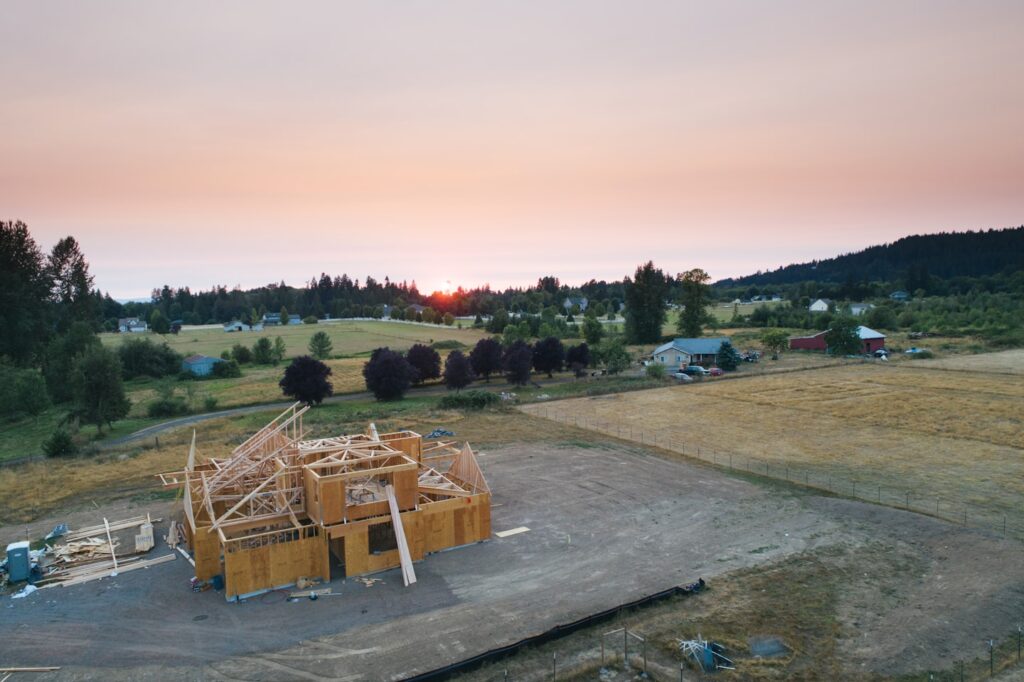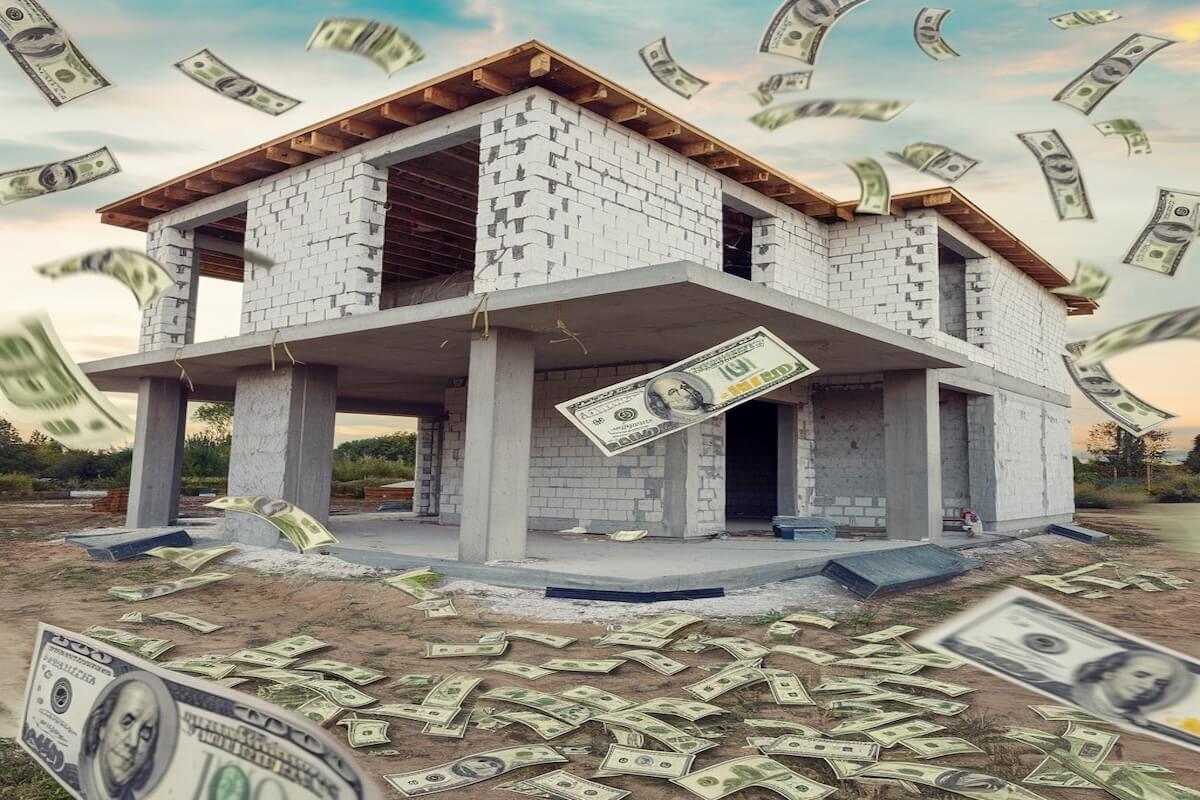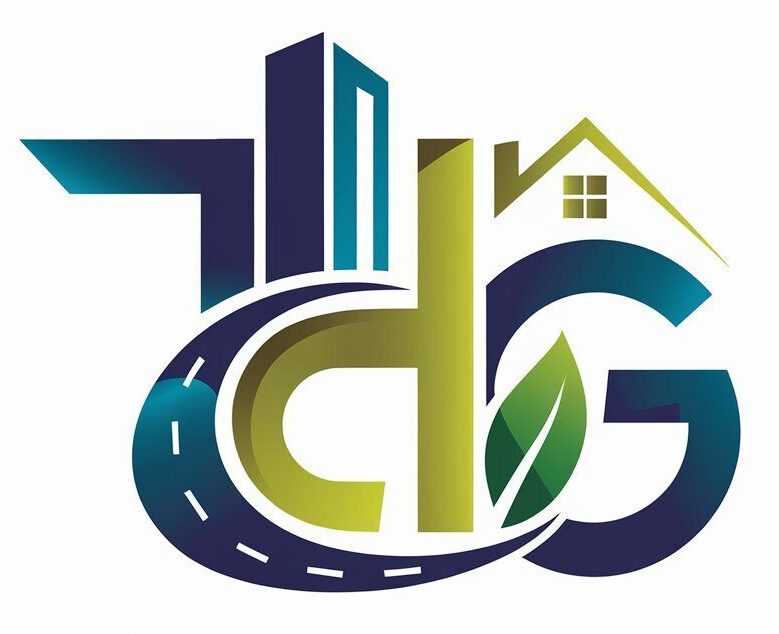The Price of Building a Custom Home
The Price of Building a Custom Home
Building a custom home offers the opportunity to design a space tailored to your needs, but it comes with significant financial considerations. The cost can vary widely depending on location, materials, design choices, and labor. Below, we break down the key factors that influence pricing and what to expect throughout the process.

One of the first expenses in building a custom home is purchasing the land. The cost of land varies based on factors such as location, size, and terrain. In urban areas, land tends to be more expensive due to higher demand, while rural areas offer more affordability but may require additional site preparation. During this stage you should begin negotiations, since this is usually a big expense.
Hiring an architect or a home designer is crucial for creating a home that meets your vision and complies with local building codes. Architectural fees typically range from 5% to 15% of the total construction cost. Some builders offer design services as part of their package, while others require separate hiring of professionals. You can cut this part if you decide to design your home by yourself.
Before construction begins, site preparation is necessary. This includes clearing trees, grading the land, and ensuring proper drainage. The cost of site preparation varies depending on the condition of the land. Additionally, building permits and inspections are required, with fees differing by location.
Materials play a significant role in the overall cost of building a home. The type of materials you choose—whether high-end or budget-friendly—affects pricing. Common material costs include:
- Foundation: Concrete slab, crawl space, or basement options vary in cost.
- Framing: Lumber prices fluctuate based on market conditions.
- Roofing: Asphalt shingles, metal, or tile roofing impact budget.
- Windows and Doors: Energy-efficient models may cost more upfront but offer savings over time.

Skilled labor is essential for quality construction. Costs for labor depend on location, demand, and the complexity of the build. General contractors typically charge a percentage of the total cost, while subcontractors (electricians, plumbers, etc.) have individual pricing.
Interior design choices significantly impact final costs. Key considerations include:
- Flooring: Hardwood, tile, carpet, or vinyl each come at different price points.
- Cabinetry and Countertops: Custom cabinetry and stone countertops increase costs.
- Plumbing Fixtures: High-end fixtures elevate expenses.
- Lighting: Recessed lighting, chandeliers, and smart home systems add costs.
Installing essential systems like heating, cooling, plumbing, and electrical work adds to the budget. Costs vary based on system complexity, home size, and efficiency ratings.
Additional features such as home automation, solar panels, security systems, and luxury upgrades increase costs. These features enhance convenience and energy efficiency but come at a premium.
Exterior elements like driveways, patios, fencing, and gardens contribute to the overall investment. Some homeowners also include outdoor kitchens or pools, further increasing expenses.
It’s advisable to allocate a contingency budget of 10% to 20% for unforeseen costs such as delays, conflicts, material shortages, insurances or design changes. Also keep future changes in mind. Going from a single to a multi-generational home can have a lot of impact on the cost. Having a buffer helps prevent financial strain during construction.
Most homeowners secure construction loans to fund their build. These loans typically require a down payment and convert into a mortgage upon project completion. Understanding loan terms, interest rates and resale value is essential for budgeting.
Total Cost Estimate
The overall cost of building a custom home varies widely, but estimates range from $150 to $500 per square foot depending on location, materials, and complexity. A 2,500-square-foot home, for example, could cost between $375,000 and $1.25 million.
Total
$150-$500 per square foot
2,500 square foot home
$375,000-$1,25 million
